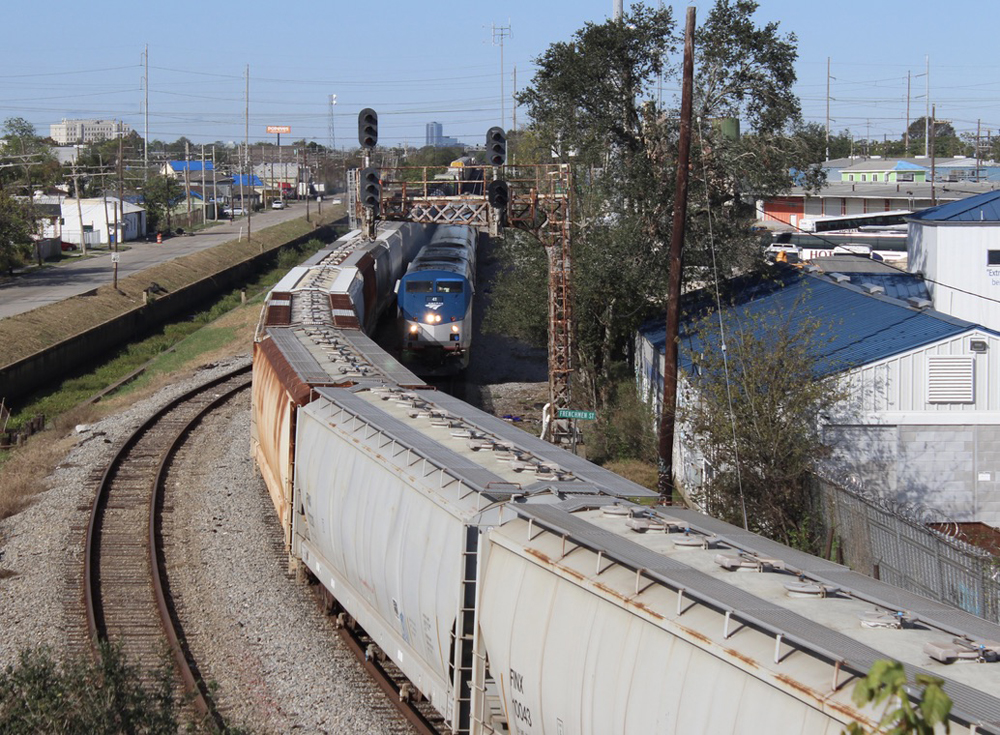
WASHINGTON — The launch of Amtrak Gulf Coast service without infrastructure improvements would cause “immediate and future impairment to freight service that is unreasonable under any definition,” CSX Transportation and Norfolk Southern argue in their latest filing with the Surface Transportation Board.
This is the exact opposite of the contention Amtrak makes in its latest STB filing, as well as the essential underlying disagreement in the dispute over the launch of passenger service between New Orleans and Mobile, Ala. The railroads support their claim by citing projected deterioration of freight service, in both the near and long term, using a variety of measures.
The 343-page supplemental evidence filing, posted Friday on the STB website, also argues the burden of proof in the proceeding is on Amtrak as the party seeking a ruling — again, the opposite of Amtrak’s contention [see “Amtrak again argues …,” Trains News Wire, July 29, 2022]. And it contends that infrastructure projects proposed by the Federal Railroad Administration in 2017, which would cost $193 million to $210 million in 2021 dollars, “do not mitigate a significant portion of the harm to freight rail service” resulting from Amtrak service. It emphasizes that neither the FRA nor the Gulf Coast Working Group addressed impacts on to Norfolk Southern in the New Orleans area, a subject addressed at length during one day of STB hearings in April [see “STB Gulf Coast hearing Day 3 …,” News Wire, April 6, 2022.
In another filing posted Friday, the Alabama State Port Authority and its short line, Terminal Railway Alabama State Docks, maintain their contention that Amtrak service will negatively impact the Port of Mobile, calling the Amtrak proposal “a product of Amtrak’s exceedingly callous indifference to the Port, and by extension, the State of Alabama, generally, and the Port’s operations at Mobile.”
CSX, NS stress importance of long-term impacts
The host railroads’ filing emphasizes the need to consider the possibility of future impairment, and the statistics it cites make clear why they highlight this aspect. CSX and NS argue that according to their 2021 Rail Traffic Controller model, the addition of passenger trains “will result in a systematic failure in CSXT and NSR’s ability to provide freight service based on a modest anticipated growth rate” — with freight delays increased by 20.4%, speeds decreased by 4.5%, dispatching conflicts up 42.8%, and recrews increased by 42.9%.
The filing redacts many of the specific details of the TRC modeling and actual operations, such as train lengths and recrew figures.
Immediate impacts, they say, are also significant, including a 22.7% increase in delays, the same decrease in freight speeds, and a 37.7% increase in recrews. And the railroads say the RTC report “confirms that neither operational changes such as shorter freight trains or revised moveable bridge regulations, nor the FRA identified projects, will mitigate this harm.”
The railroads also argue that the Amtrak proposal would not meet the congressional goal of a systemwide average of 60-mph service, which it says matters because “it goes to whether the service is worthwhile at all.” The Gulf Coast service would average 42.6 mph, under Amtrak’s proposed schedule, they note.
Port says it can’t adjust operations, snipes at Amtrak
The 17-page filing from the Alabama State Port Authority notes that STB Chairman Martin Oberman has asked whether freight railroads had done enough to consider operational adjustments before seeking infrastructure improvements. It says that because of service needs of its customers and interchange partners, and CSX’s control of the need for the port railroad to use and cross CSX tracks, “the idea that has any true flexibility to adjust its operation to better accommodate Amtrak and avoid freight service impacts on its system [is] unfounded.” It further asserts that “if Amtrak or its experts thought TASD reasonably could making operating adjustments, they could have, and should have, offered specific examples to prove the allegation, but they haven’t.” This is one of the filing’s many digs at Amtrak.
Another comes during the Port Authority’s lengthy consideration of what constitutes “unreasonable impairment,” which includes a suggestion that formal rulemaking might be better address the lack of clarity on this key topic. While this would delay the current procced, the port says, it would provide clearer rules than have been set out by Congress — and adds, “After all, Amtrak’s characteristic impatience and sense of entitlement do not count for everything.”






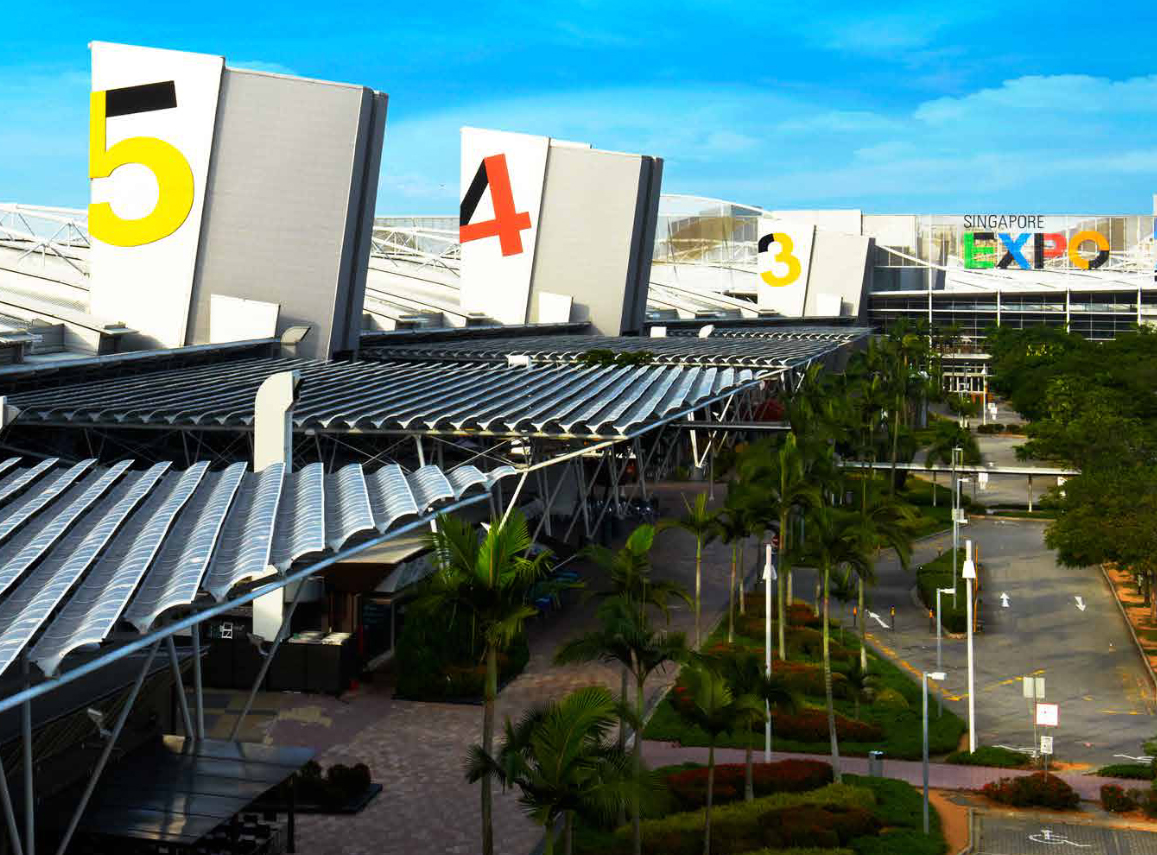
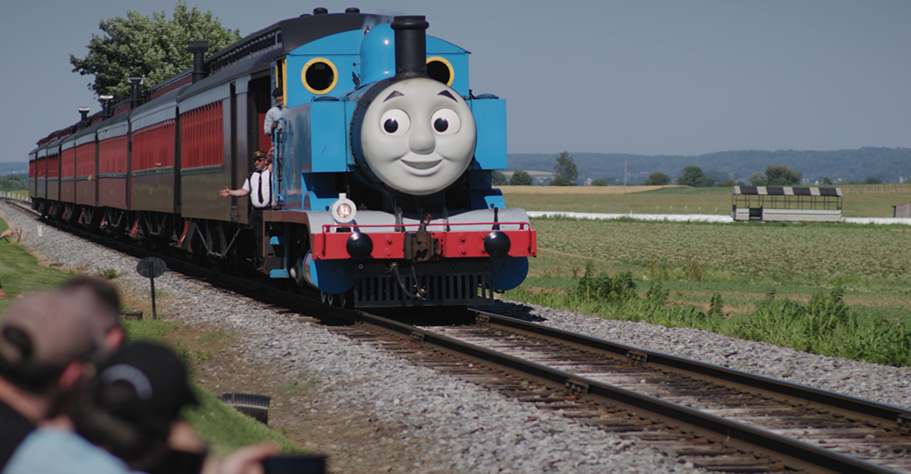
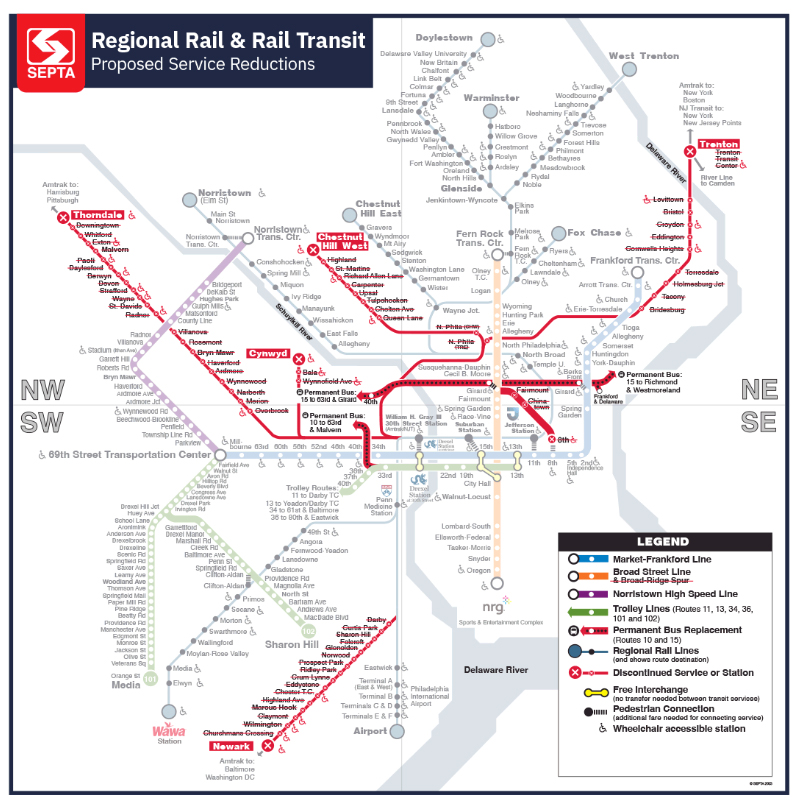
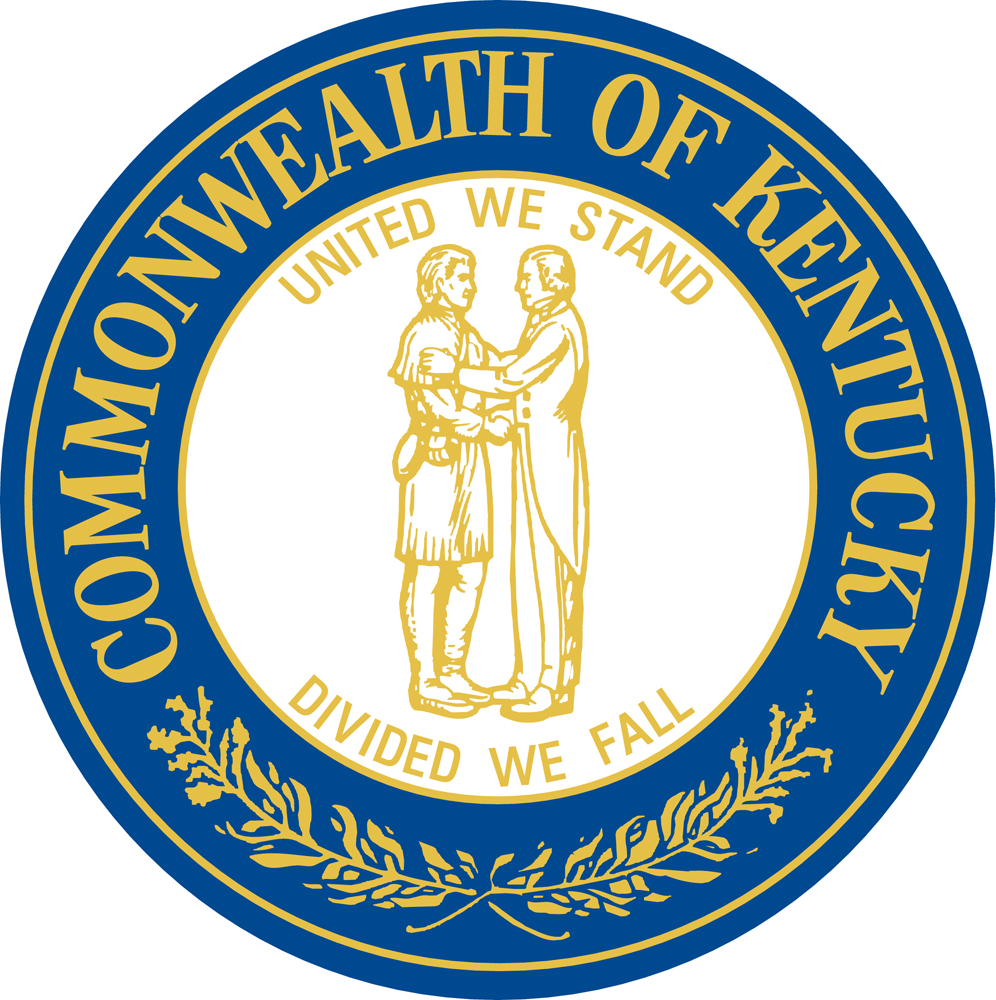




Probably lost in the kerfuffle is the likely long-game of all RR’s, which were I playing that game is this…permanently lobble and destroy amtrak routes.
Why force a train if the states and people don’t want it?
Instead add a KC-STL-IND-CLE-NYC/BOS train.
Because, Mr. McClure, Amtrak doesn’t want to add more LD trains. And maybe CSX would make the same trouble (demand capacity expansion) from STL east before they would agree to host.
B/c Mark Shapp, in the last decades we’ve gone from excess capacity in Indiana and Ohio, to a shortage of capacity.
Remember Amtrak’s National Limited? (The most forgettable of all Amtrak trains.) Its ex-PRR route east from Columbus no longer exists, perhaps among freight routes abandoned the most obvious freight route to have kept. The traffic now goes via Cleveland, seemingly the route Matthew McCure (above) proposes.
In the interim, Columbus (birhplace of my cat Burlington) has quietly emerged as one of the largest cities in the Midwest. Like Madison another growing Midwest center of business, government, and higher education, no passenger trains and insufficient infrastructure to run them on.
Sounds like the modeling used is based on current PSR results.
When the Sunset Limited was extend east the railroads got infrastructure improvements, now they want to basically add one additional train between New Orleans, LA and Mobile, AL. Those same improvements should be sufficient for the limited amount of freight that moves between those two cities. As for the Port of Mobile, I call baloney on not being able to adjust operations…that only happens if you’re not a 24/7 operation(which unfortunately most U.S. ports aren’t, which is why they can’t compete with Canada nor keep up with European and Asian imports, those are all 24/7 operations, a bunch of cry baby longshoreman that don’t actually do much real work anymore(not since most commodities move in containers). It’s about time Chairman Oberman just makes a decision in favor of Amtrak, citing both the legislation that created Amtrak, and the poor performance of CSX and NS under PSR.
As always a great post from Gerald McFarlane.
anyone would think Amtrak was wanting to flood the route with with passenger trains. If these guys can’t one or two passenger passenger trains they are incompetent railroaders.
Whining!!!! Unreasonable freight impairment and long-term impacts are (laughable). The lack of true counts of train moves and length, a moveable bridge that’s being automated with the CSX dispatcher having control isn’t even an acceptable argument. Average speeds of freight and amtrak trains are questionable along with that Port of Mobile interference shows the big boys running their railroads cannot be honest about much of anything. This line has had passenger service for many years. Amtrak and CSX co-existed just fine until along came Katrina which dumped the track into the Gulf. The infrastructure was rebuilt to a much higher standard. Amtrak and the FRA has already paid for CSX to provide more efficient use of space in their yard. NS and CSX can use their PSR and keep the yards empty while running 3 mile long freights. Be honest about your corporate greed and power. Just run the damn trains